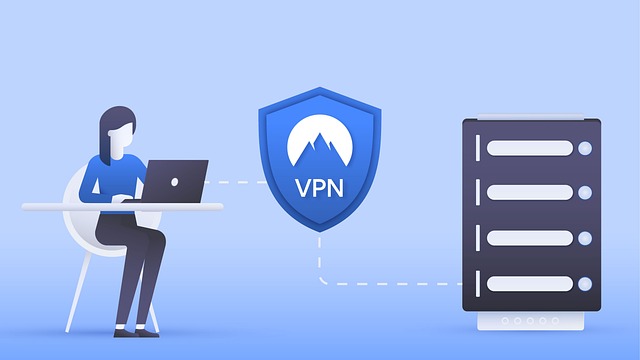
internet
How VPNs Enable Access to Restricted Content Worldwide ?
How VPNs Enable Access to Restricted Content Worldwide?
In conclusion, VPNs enable access to restricted content worldwide by allowing users to change their virtual location, encrypt their connection, and access blocked websites and streaming services.
Whether you're looking to stream your favorite movies, access foreign news sites, or protect your privacy online, VPNs offer a convenient and reliable solution for accessing content that would otherwise be inaccessible.
In the digital age, content consumption knows no borders. However, geo-restrictions often stand as barriers to accessing your favorite shows, movies, and websites.
This is where Virtual Private Networks (VPNs) come to the rescue, providing users with the means to unlock a world of content that would otherwise be off-limits.
In this article, we will explore how VPNs enable access to restricted content worldwide, examining the mechanisms behind geo-restrictions, the role of VPNs in bypassing them, and the considerations users should keep in mind.
Understanding Geo-Restrictions
Geo-restrictions are limitations imposed by content providers or online platforms based on the geographical location of the user.
This practice is commonly employed by streaming services, websites, and even social media platforms due to licensing agreements, regional regulations, or content distribution strategies.
For instance, a streaming service may offer different libraries of content in various countries to comply with licensing agreements or censorship laws.
The Role of VPNs in Bypassing Geo-Restrictions
VPNs work by routing your internet connection through a server located in a different geographical region, effectively masking your actual location.
This process creates a virtual tunnel through which your data travels, encrypting it along the way.
By connecting to a server in a country where the desired content is accessible, users can bypass geo-restrictions and appear as if they are accessing the internet from that specific location.
Key Mechanisms Behind VPNs
IP Address Masking:
VPNs hide users' actual IP addresses by assigning them a temporary one associated with the chosen server location.
This makes it appear as though the user is accessing content from the server's region, tricking websites and services into providing access.
Data Encryption:
The encryption of data ensures that the user's online activities remain secure and private. Even if someone intercepts the data, it appears as unintelligible characters without the decryption key.
Server Location Variety:
A diverse network of servers worldwide is crucial for VPNs to effectively bypass geo-restrictions. The more server locations a VPN provider offers, the greater the flexibility users have in accessing content from different regions.
Considerations for Users:
While VPNs offer a powerful solution to access restricted content, users should be aware of certain considerations:
Choose a Reputable VPN Provider:
Opt for a VPN service with a solid reputation for privacy and security. Look for providers that adhere to a strict no-logs policy, ensuring that your online activities remain confidential.
Select Servers Wisely:
Different VPN servers may have varying speeds and capabilities. Users should choose servers strategically, considering factors such as proximity, server load, and the desired content's location.
Be Aware of Legal Implications:
While using a VPN to bypass geo-restrictions is generally legal, users should be aware of any terms of service violations imposed by content providers. Some platforms explicitly prohibit the use of VPNs, so users should exercise caution.
Conclusion
In a world where digital content knows no boundaries, VPNs act as indispensable tools for users seeking unrestricted access to a globalized internet.
By understanding the mechanisms behind geo-restrictions and the role of VPNs in circumventing them, users can navigate the online landscape with enhanced freedom and enjoy a seamless streaming and browsing experience, regardless of their physical location. As technology continues to evolve, VPNs stand as reliable allies, ensuring that the world's content remains at your fingertips.

0 Comments: